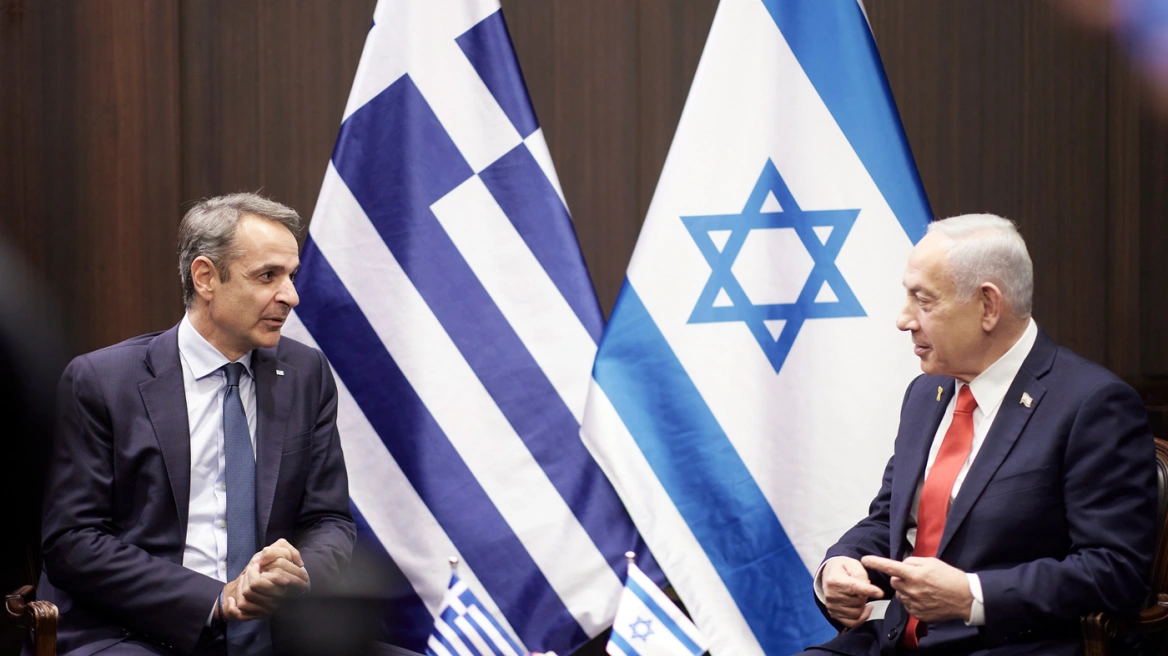Scientists have announced the first-ever recorded case of a crocodile “virgin birth” after a female that had been isolated for 16 years was discovered with a clutch of eggs. The discovery provides “tantalizing insights” into the evolutionary origins of the trait, potentially shedding light on the reproductive capabilities of dinosaurs, a new study finds.
The American crocodile (Crocodylus acutus) was taken into captivity in 2002 when she was 2 years old and placed in an enclosure at Parque Reptilandia in Costa Rica. She remained alone for the next 16 years. But in January 2018, a clutch of 14 eggs was found in the enclosure.
Virgin births, also known as facultative parthenogenesis (FP), is a type of asexual reproduction in species that would normally reproduce sexually. Scientists have documented it in birds, sharks, lizards and snakes in captivity, among other species. Until now, it had never been recorded among Crocodilia — the order that includes crocodiles, alligators, caimans and gharials.
In a study published on Wednesday (June 7) in the journal Biology Letters, researchers said seven of the 14 eggs produced by the crocodile in Costa Rica were viable. Zoo caretakers incubated these eggs, but they didn’t hatch, so after three months, they opened the eggs. The contents of six of the eggs was “not discernable,” but one contained a fully-formed, but non-viable fetus. Genetic analysis showed it was almost identical to the mother.
source livescience.com
Ask me anything
Explore related questions





